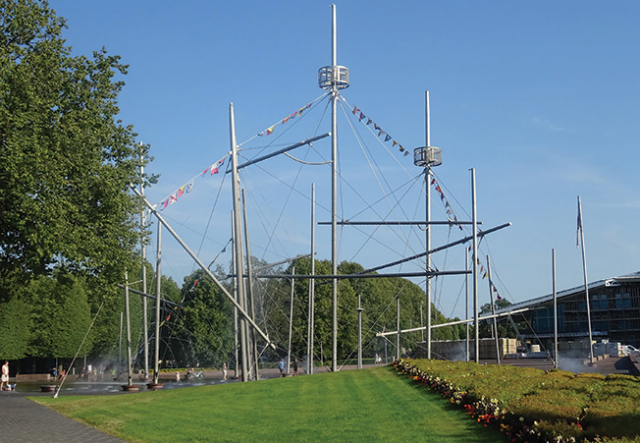The Duchy of Courland and a Baltic colonial venture across the ocean
Historian article

A Baltic colonial venture across the ocean
The Duchy of Courland’s attempts to establish outposts in the Caribbean and Africa were not the only Baltic ventures across the Atlantic during the seventeenth century. However, the expeditions of the small vassal dukedom were possibly the most unlikely. The article introduces the motivations behind the Couronian colonial project, as well as the conditions which led to its failure. It also considers the elements of Courland’s attempted expansion which originate from the duchy’s particular Baltic context.
The Caribbean island of Tobago features countless colonial legacies in its toponyms. Many are connected with British imperial rule, which lasted from 1814 until Trinidad and Tobago’s independence in 1962. Whilst these places seem very distant from their British counterparts, there is an even greater juxtaposition between the Caribbean and the Baltic seas, sometimes used as synonyms for hot and cold weather respectively. Yet evidence of an obscure colonial heritage from the Baltic exists in Tobago, indicated by the Courland River, which flows through Plymouth into Great Courland Bay. This past is commemorated nearby with a monument which, in a style untypical of post-colonial rhetoric, proclaims itself ‘in memory of the bold, enterprising and industrious Courlanders from far-away Latvia on the Baltic shores who had lived in this area’...
This resource is FREE for Student HA Members.
Non HA Members can get instant access for £2.49


